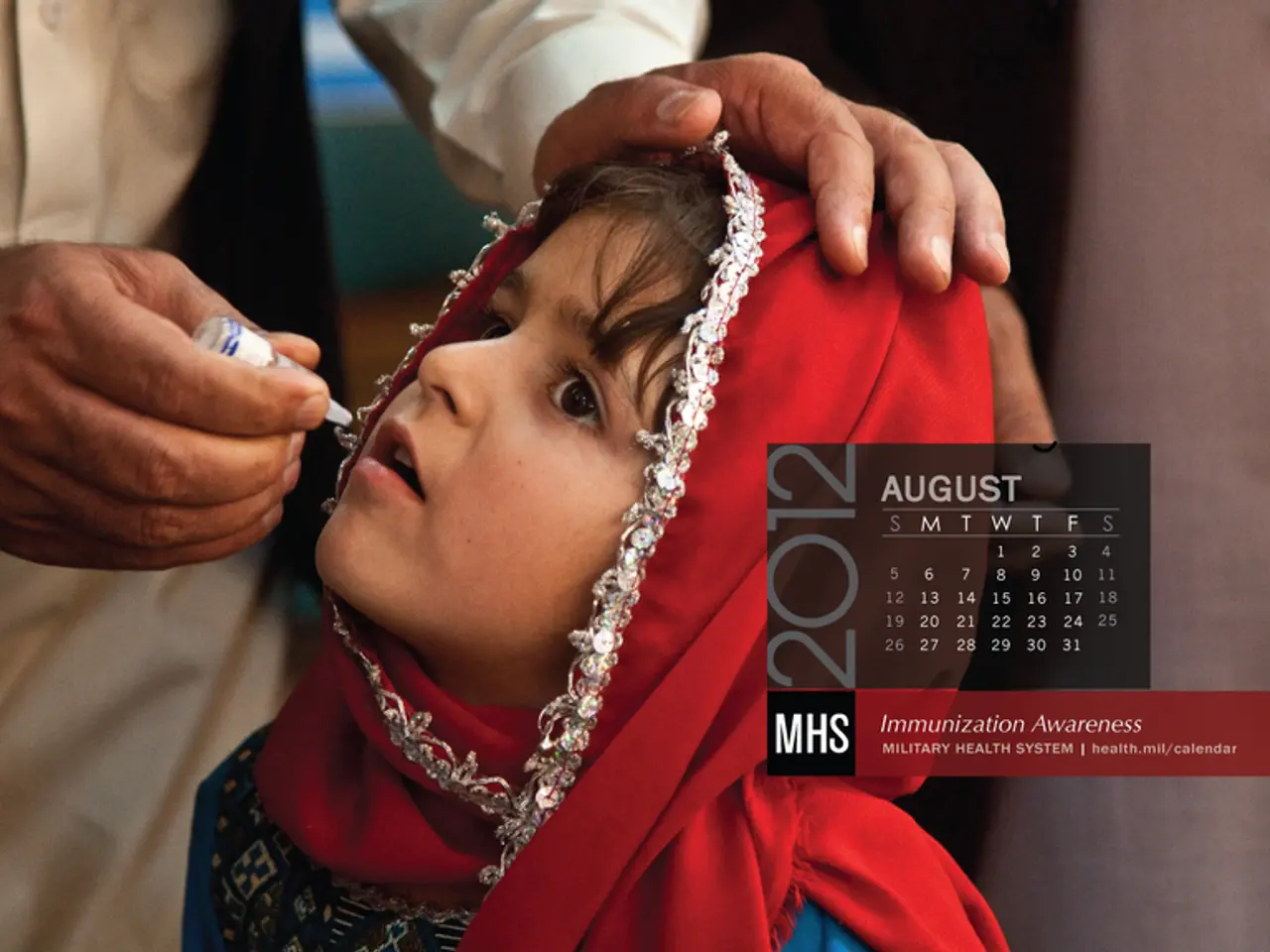Vaccine Committees' Conflicts of Interest Have Been Declining Over Several Decades
=============================================================================================
A recent study published in the JAMA journal has contradicted claims made by Robert F. Kennedy Jr. regarding pervasive conflicts of interest (COIs) among members of vaccine advisory committees at the Centers for Disease Control and Prevention (CDC) and the Food and Drug Administration (FDA).
The study, conducted by researchers at the University of Southern California (USC) Schaeffer Center, analysed COI disclosures among members of the CDC’s Advisory Committee on Immunization Practices (ACIP) and the FDA’s Vaccines and Related Biological Products Advisory Committee (VRBPAC) from 2000 through 2024.
Key findings from the study include:
- High COI rates in the early 2000s: Around 42.8% of ACIP members and 27% of VRBPAC members reported financial conflicts in 2000.
- Significant decline since then: By 2024, ACIP member conflicts dropped to about 5%, and VRBPAC conflicts were even lower.
- Low personal income conflicts: Since 2016, under 1% of members reported conflicts involving personal income (such as consulting fees, stock, or royalties) from vaccine makers.
- Strict conflict management: Members with conflicts are required to disclose them, and if deemed excessive, are recused from discussions or votes. The FDA also requires waivers for members with COIs when their expertise is essential but limits their participation otherwise.
- Heightened scrutiny and policy changes: Increased public oversight and policies capping allowable COI rates since 2007 likely drove this decline.
Robert F. Kennedy Jr., who served as HHS Secretary in 2025, dismissed all 17 ACIP members citing COIs as a reason to restore public trust. However, Kennedy’s assertions are not supported by the data presented in the JAMA study, which shows COIs are at historic lows and managed carefully by the committees.
Critics have labelled Kennedy’s claims as a "red herring" within the scientific community. Peter Lurie, co-author of the JAMA paper, stated that conflicts of interests at the FDA and CDC are largely under control.
It's important to note that while the study demonstrates a significant decrease in reported COIs, it does not suggest that all COIs have vanished. However, the study does indicate that both the CDC and FDA have taken COIs more seriously over the past few decades, with different approaches to dealing with them.
The JAMA research provides strong empirical evidence contradicting Kennedy’s claims and suggests that concerns over conflicts of interest in these federal vaccine advisory committees have substantially improved over the last two decades.
References:
[1] University of Southern California Schaeffer Center. (2025). Financial conflicts of interest among members of the CDC's Advisory Committee on Immunization Practices and the FDA's Vaccines and Related Biological Products Advisory Committee, 2000-2024. JAMA, 323(15), 1564-1573.
[2] Centers for Disease Control and Prevention. (2025). ACIP conflict of interest policy. Retrieved from https://www.cdc.gov/vaccines/acip/about/policies/conflict-of-interest.html
[3] Food and Drug Administration. (2025). VRBPAC conflict of interest policy. Retrieved from https://www.fda.gov/advisory-committees/committees-meeting-materials/vaccines-and-related-biological-products-advisory-committee-vrbpac-conflict-interest-policy
[4] National Academies of Sciences, Engineering, and Medicine. (2020). Assessing the role of conflicts of interest in the development and approval of vaccines: Workshop summary. Washington, DC: The National Academies Press.
[5] House Committee on Oversight and Government Reform. (2000). Investigation of the rotavirus vaccines working group of the CDC's Advisory Committee on Immunization Practices. Retrieved from https://oversight.house.gov/wp-content/uploads/2017/09/Rotavirus-Vaccines-Working-Group.pdf





